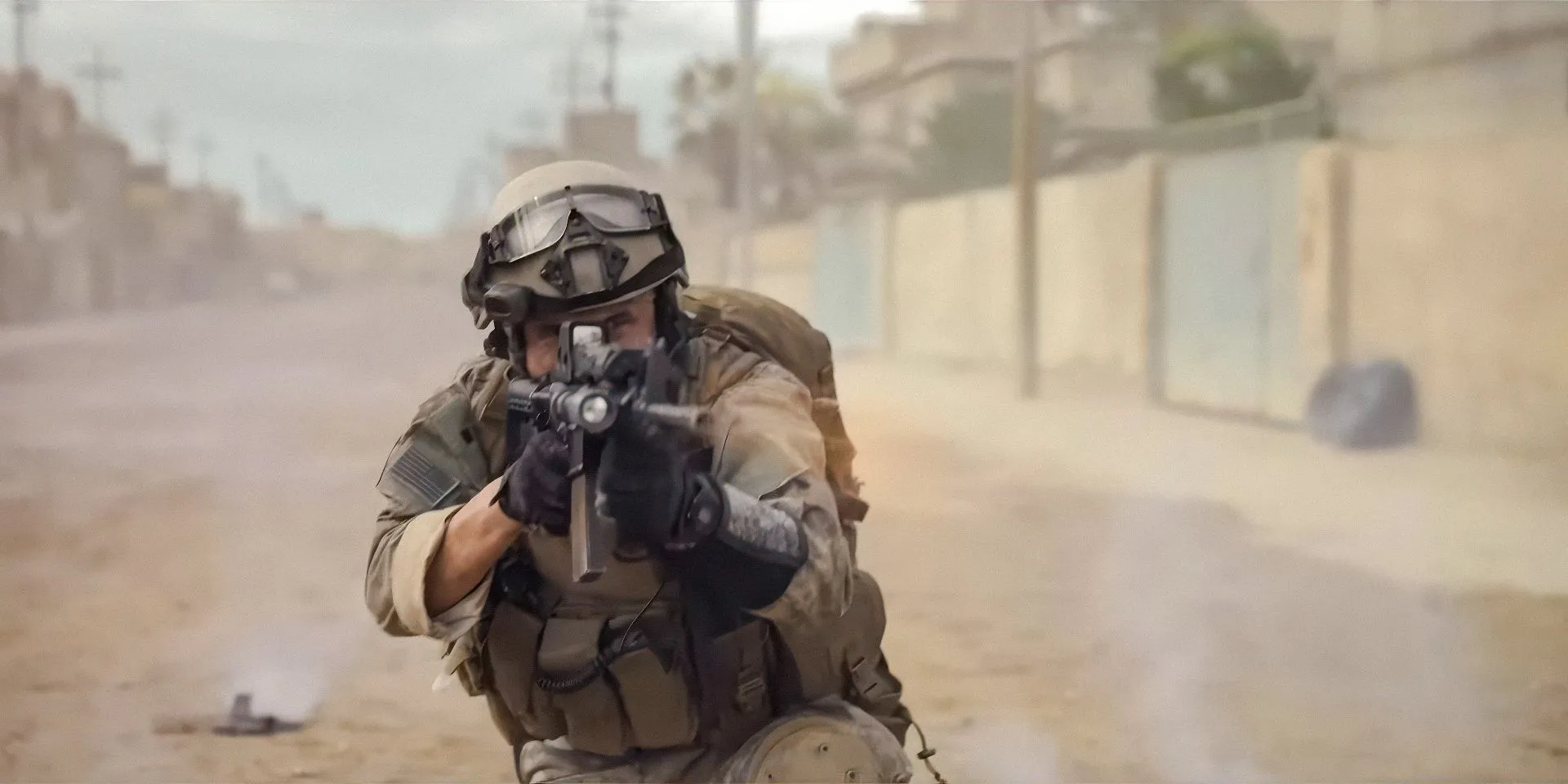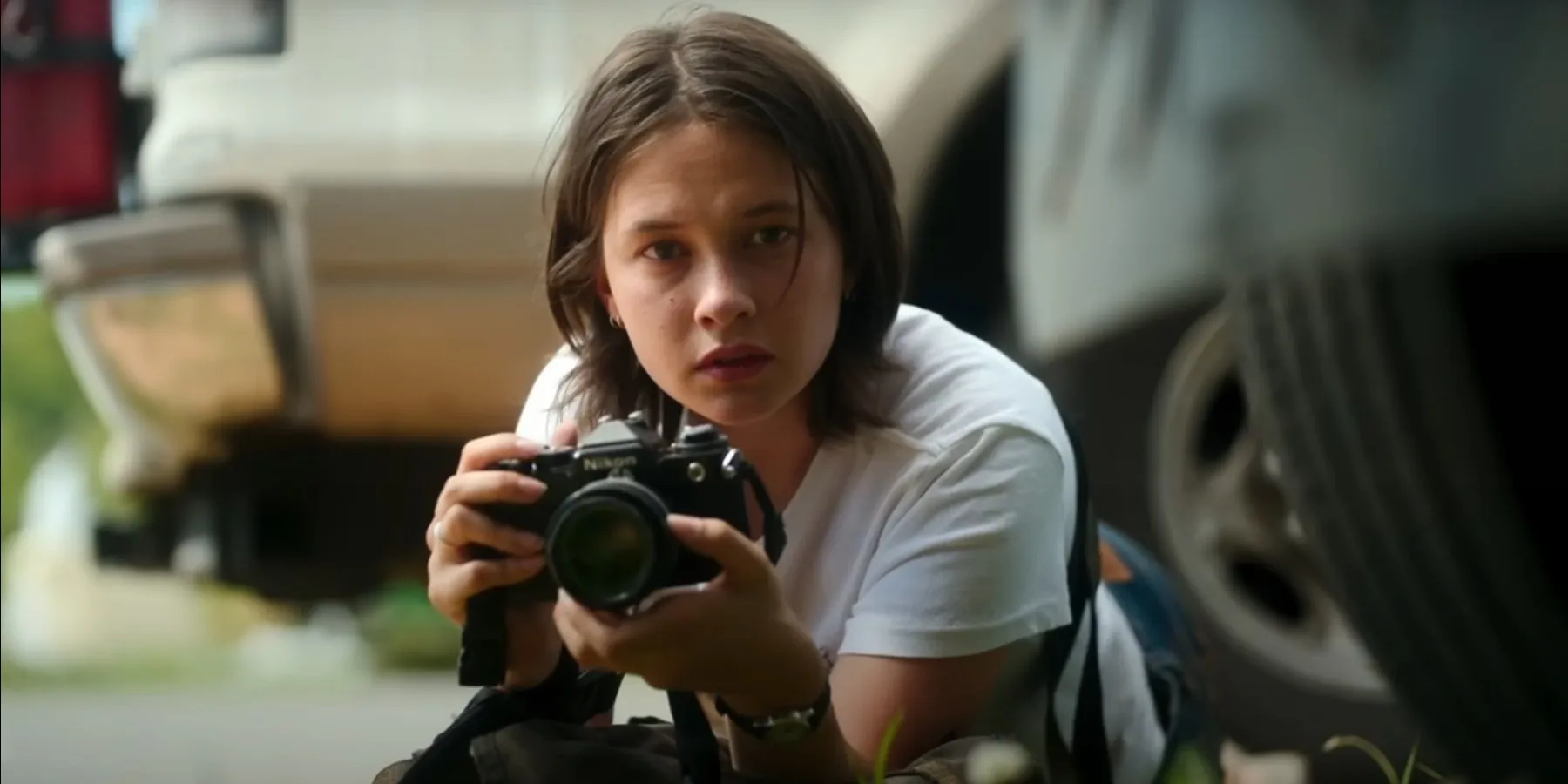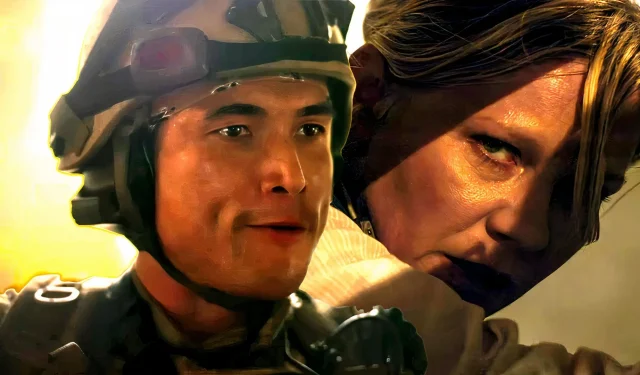Renowned filmmaker Alex Garland, acclaimed for his thought-provoking storytelling, has recently revealed how audience feedback has shaped his work in his latest film, Warfare. After the release of his 2024 film, Civil War, which earned an impressive 81% on Rotten Tomatoes from critics and marked A24’s second highest-grossing film at $127 million globally, Garland discovered that the film didn’t connect with general audiences as strongly, reflected by its 69% audience score. Despite this, he remains committed to exploring themes of war, evident in his newest offering, Warfare.
In a conversation with The Playlist, Garland discussed how criticisms directed at Civil War influenced his creative process for Warfare. He reflected on the mixed reactions to the film’s ambiguity and the problematic ‘gatekeeping’ tendencies that have emerged in the industry. Garland expressed his belief that audiences are more than capable of interpreting complex narratives, asserting the importance of respecting viewers’ intelligence. His thoughts on the industry’s patronizing undercurrent are showcased in the following statement:
It used to be the case that you had to smuggle things past studios. The studios felt that they were the gatekeepers of what audiences could or could not understand. The sort of gatekeeping aspect of that has migrated away from studios to other quarters. They’re basically saying, “I think people are too dumb to figure this out.” It’s incredibly patronizing. We present something, and believe we’re offering it up to adults. They can figure out what they think.
Impact on Civil War and Warfare
Review Analysis of Warfare as a Response

A glance at Garland’s previous films reveals a trend: critics frequently appreciate his work more than general audiences. His earlier films have seen a disparity in scores, indicating a preference for straightforward storytelling among casual viewers. The complex themes in Civil War, often seen as resonant with America’s current political landscape, may have contributed to its mixed reception. Below is a comparison of Garland’s films as rated on Rotten Tomatoes:
| Title | Rotten Tomatoes Critic Score | Rotten Tomatoes Audience Score |
|---|---|---|
|
Ex Machina |
92% |
86% |
|
Annihilation |
88% |
67% |
|
Men |
69% |
40% |
|
Civil War |
81% |
69% |
|
Warfare |
94% |
93% |
Having debuted with a remarkable 94% critic score and an exceptional 93% audience score, Warfare is well-received, indicating a strong alignment between critical and public perception, outperforming Civil War. According to ScreenRant, the film has been praised for its concise script and relatable narrative—qualities that many audience members found lacking in Civil War. With co-direction adding visual style along with thematic depth, the horror of warfare in Warfare eschews sentimentality for a more genuine presentation of violence.
Analysis on Garland’s Reflection Regarding Civil War’s Critiques
Artistic Vision and Audience Reception

Garland embraces a non-traditional storytelling approach that invites viewers to engage deeply with ambiguous themes, allowing their interpretations to flourish. This ambiguity is a hallmark of his creative style, fostering discussions and diverse theories post-viewing. Critiques aimed at Civil War inherently reflect the broader dialogue surrounding his artistic vision. While Warfare offers a more direct exploration of conflict, it still retains the essence of Garland’s storytelling—a juxtaposition that echoes both his criticism and audience expectations. Ultimately, viewers will determine the effectiveness of his artistic choices in representing the complexities of war.
Source: The Playlist


